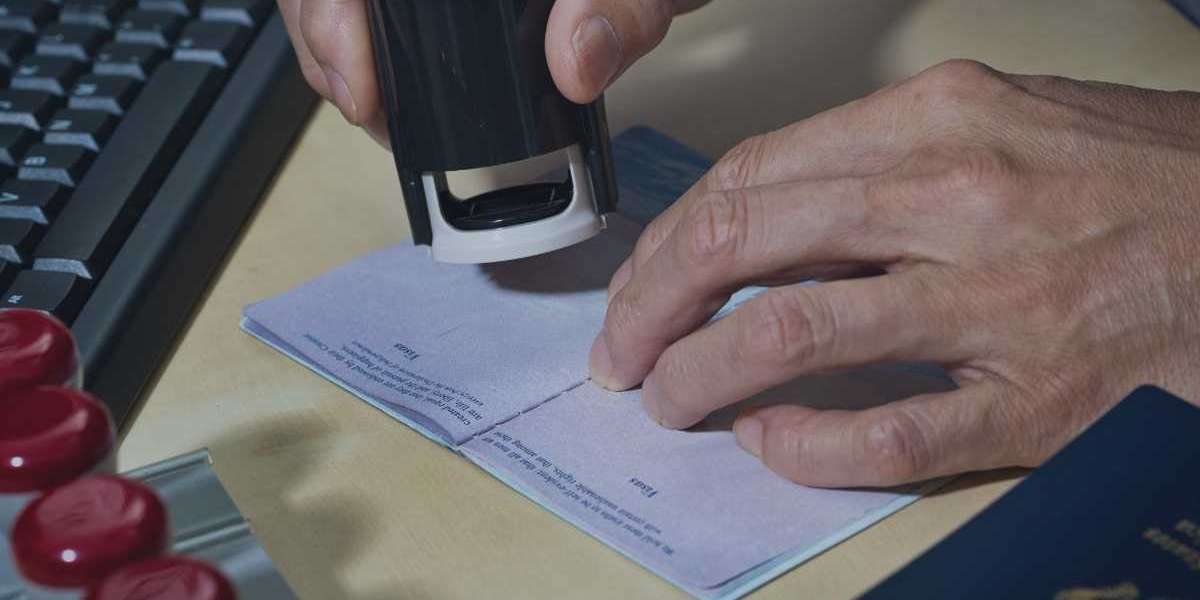Setting up a business in Nigeria or expanding operations to include expatriate staff can be both an exciting opportunity and a bureaucratic challenge. The Nigerian government has specific requirements for securing business permits and expatriate quotas. This guide aims to simplify these requirements and provide a clear pathway for obtaining the necessary approvals, ensuring compliance with Nigerian regulations and facilitating a smoother setup or expansion of your business.
Business Permit Requirements
To legally operate in Nigeria, especially as a foreign entity or joint venture, companies must secure a business permit. This permit legitimizes the company's operations and allows it to engage in business activities within the country.
- Certificate of Incorporation: This document proves that the company is officially registered with the Nigerian Corporate Affairs Commission (CAC). It confirms that the company is recognized as a legal entity in Nigeria.
- Memorandum and Articles of Association: These foundational documents outline the company’s objectives, structure, and governance rules. They are crucial for establishing the company’s legal framework and operational guidelines.
- Feasibility Report: A detailed report that assesses the viability of the business. It must be certified or registered with the CAC, demonstrating that the business idea has been evaluated for feasibility.
- CAC Forms: Specific forms from the CAC, such as Form C02 C07 or CAC 2.2, CAC 2.3 CAC 2.5, are required to provide additional company information and updates.
- Joint Venture Agreement: For partnerships between Nigerian and foreign entities, this agreement outlines the terms of the partnership and must be presented in its original form for inspection.
- Current Tax Clearance Certificate: This certificate verifies that the company is compliant with Nigerian tax obligations. It must be an original document for validation.
- Lease Agreement: The lease agreement for the Certificate of Occupancy (C of O) details the company’s operating premises, ensuring that the business location is legally sanctioned.
Expatriate Quota Grant
When seeking to bring in expatriate staff, companies must demonstrate their need for foreign expertise and comply with specific documentation requirements.
- Evidence of Imported Machinery: Documentation such as Form M, Pro Forma invoice, shipping documents, and a Clean Certificate of Inspection confirm that necessary machinery has been imported.
- Licenses/Permits: Depending on the industry, companies must provide licenses or permits from relevant government agencies for operations in sectors like oil services, healthcare, or construction.
- Evidence of Contracts: For companies in construction or engineering, details of current contracts, including their duration and value, must be provided to show ongoing projects.
- Proposed Salaries: Documentation should include the annual salaries, designations, names, job descriptions, and qualifications of the expatriates to be recruited. CVs and credentials must be attached to support this information.
Renewal of Expatriate Quota
Renewing an expatriate quota involves proving ongoing compliance and demonstrating the continued need for expatriate staff.
- Corporate Tax Clearance Certificate: This document must be the original and confirm that the company remains compliant with its tax obligations.
- Current Tax Clearance Certificates for Expatriates: Original certificates are required to verify that expatriate staff are also meeting their tax obligations.
- Expatriate Quota Returns: These returns must cover the three months preceding the renewal application to show historical compliance.
- Detailed Training Program: A plan for training Nigerian staff, including a list of those understudying expatriates, ensures local skill development.
- List of Senior/Management Staff: Include names, designations, qualifications, and salaries of senior management to provide a clear overview of the company's staffing structure.
- Certified Audited Accounts and Annual Income Tax Clearance: Provide audited accounts and tax clearance for expatriate staff to demonstrate financial and tax compliance.
Additional Expatriate Quota
Applying for additional expatriate quotas requires proving that the company's needs have expanded or changed.
- Corporate and Expatriate Tax Clearance Certificates: Originals are required to confirm ongoing tax compliance for both the company and expatriates.
- Expatriate Quota Returns: Provide returns for the three months preceding the application to show historical data.
- Detailed Training Program: Include a plan for training local staff, similar to the renewal process.
- Certified Audited Accounts: Ensure that your company’s financial statements are up-to-date and audited.
- Evidence of Machinery or Expansion: For manufacturing companies, provide documentation such as Form C of Inspection for newly acquired machinery.
- Evidence of New Contracts: Show details of new contracts if involved in construction or oil services.
- Evidence of Acquired Assets: For agro-allied businesses, provide proof of newly acquired assets.
Restoration of Quota
Restoring a quota requires demonstrating that the company has undergone significant changes that justify reactivation.
- Proof of Reactivation: This includes evidence such as increased demand for products or services and new machinery, supporting the need for quota restoration.
Re-Designation of Quota
If a company faces operational challenges that require changes in quota positions, it can apply for re-designation.
- Justification for Re-Designation: Provide a rationale for changing quota positions due to operational exigencies.
Permanent Until Reviewed (PUR) Quota
A PUR quota is granted to companies that meet high standards and demonstrate significant commitment.
- Minimum Share Capital: Companies must have at least N100 million in share capital.
- Net Profit: Show a minimum net profit of N2 million in corporate tax payments.
- Detailed Audited Accounts and Tax Certificates: Provide up-to-date financial statements and tax clearance certificates for expatriates.
- Evidence of Technology Transfer: Demonstrate how the PUR quota will facilitate technology transfer to Nigerian staff.
- Large Quota Portfolio: Show that the company has a substantial quota portfolio with corresponding shareholding.
Quota for Indigenous Companies
Fully Nigerian-owned companies must meet specific requirements to secure expatriate quotas.
- Evidence of Imported Machinery: Provide necessary documentation for imported machinery with inspection certificates.
- Detailed Documentation: Include documentation for current projects and proposed salaries for expatriates.
Amendment of Business Permit
If changes are needed in the business permit, such as modifications in company structure or activities, companies must submit:
- Board Resolution: Indicate changes in the company’s board composition or business activities, signed by the Chairman and Company Secretary.
- Evidence of Director Changes: Provide documentation for any changes in directors, including resignations and new appointments.
Conclusion
Navigating the requirements for expatriate quotas and business permits in Nigeria can be intricate, but understanding and meeting these requirements ensures compliance with regulations and facilitates business operations. By meticulously preparing the necessary documentation and following the outlined procedures, companies can streamline their applications and focus on their business objectives in Nigeria. This guide serves as a valuable resource for both new and existing businesses aiming to establish or expand their operations within the country.








